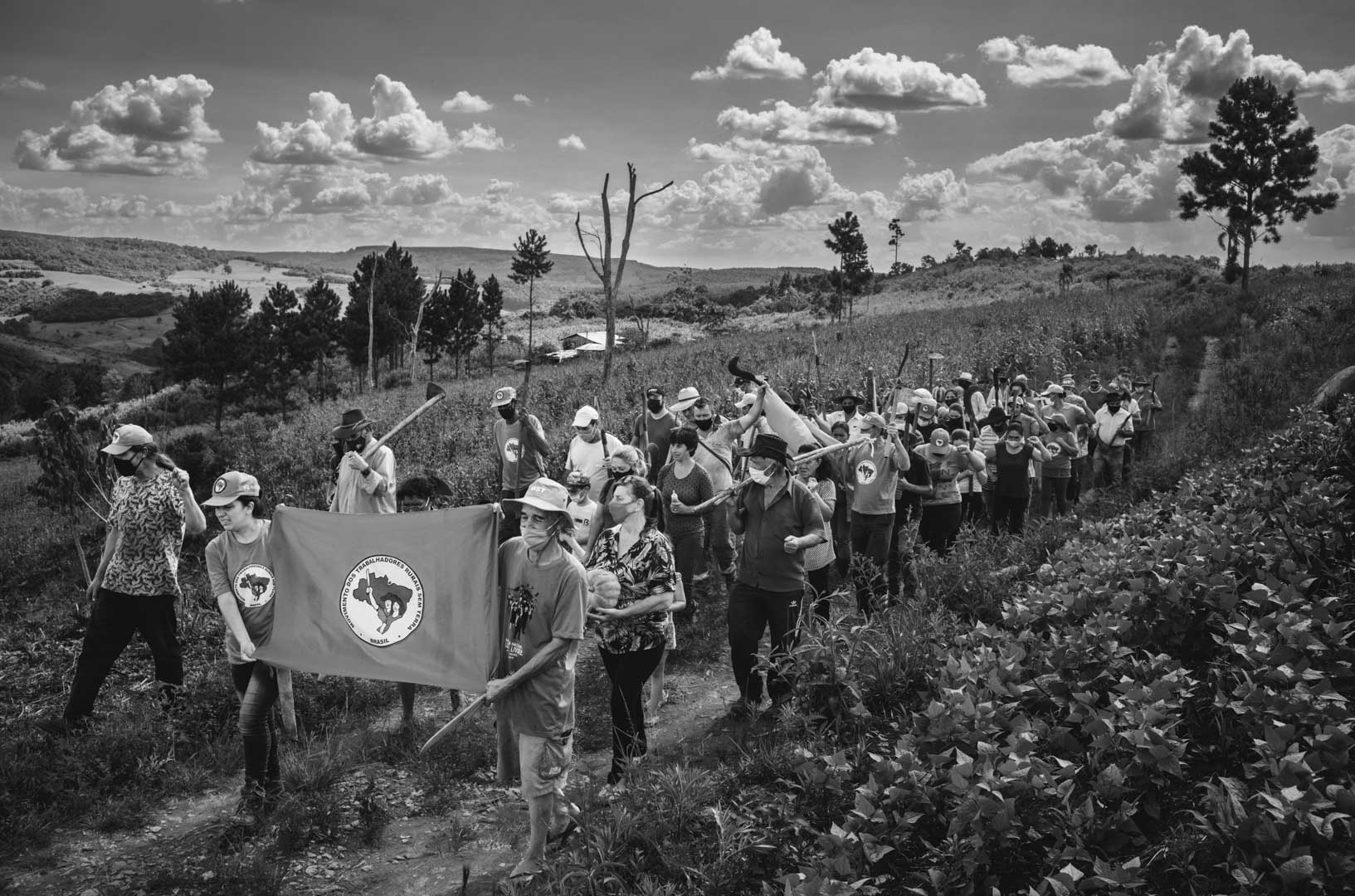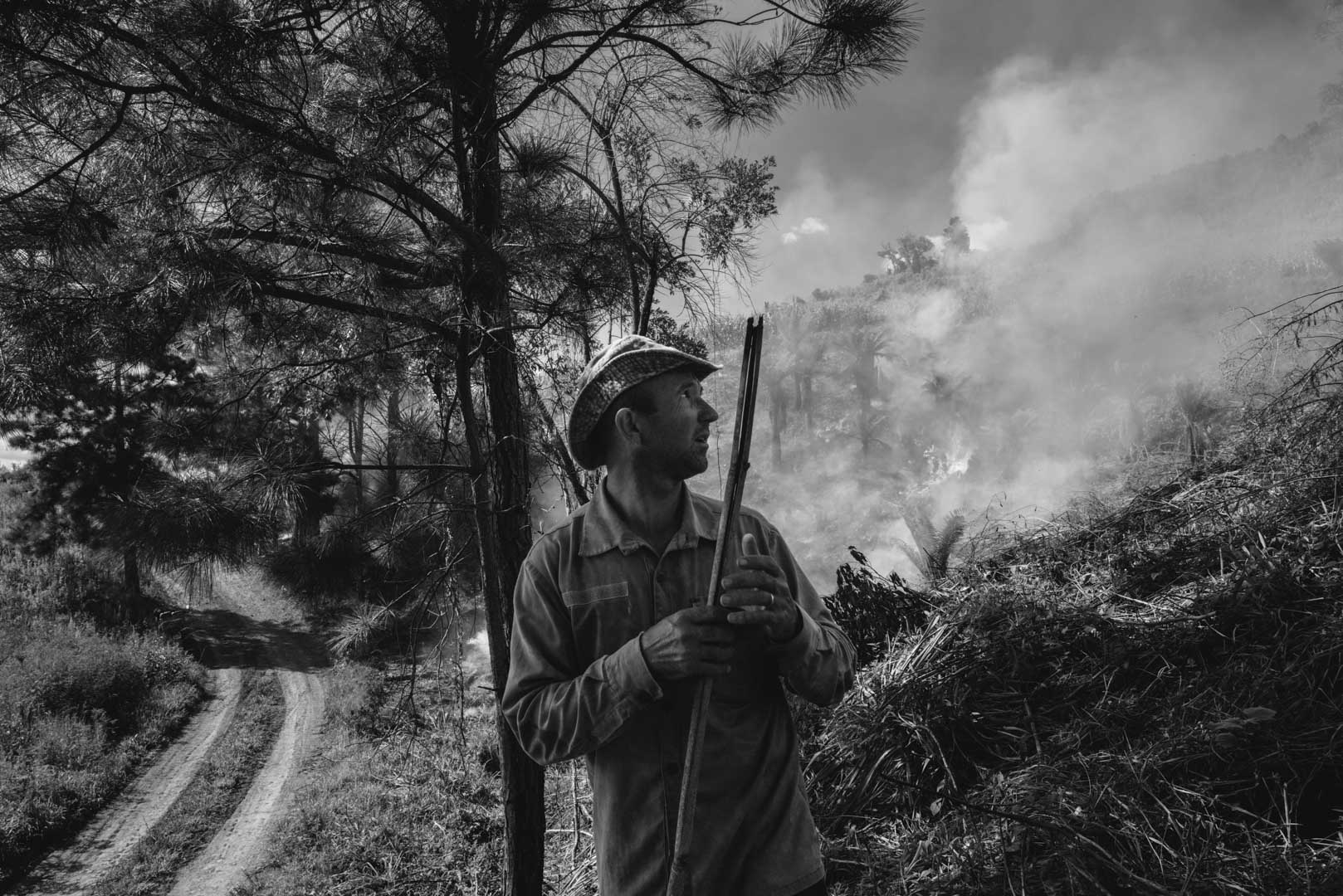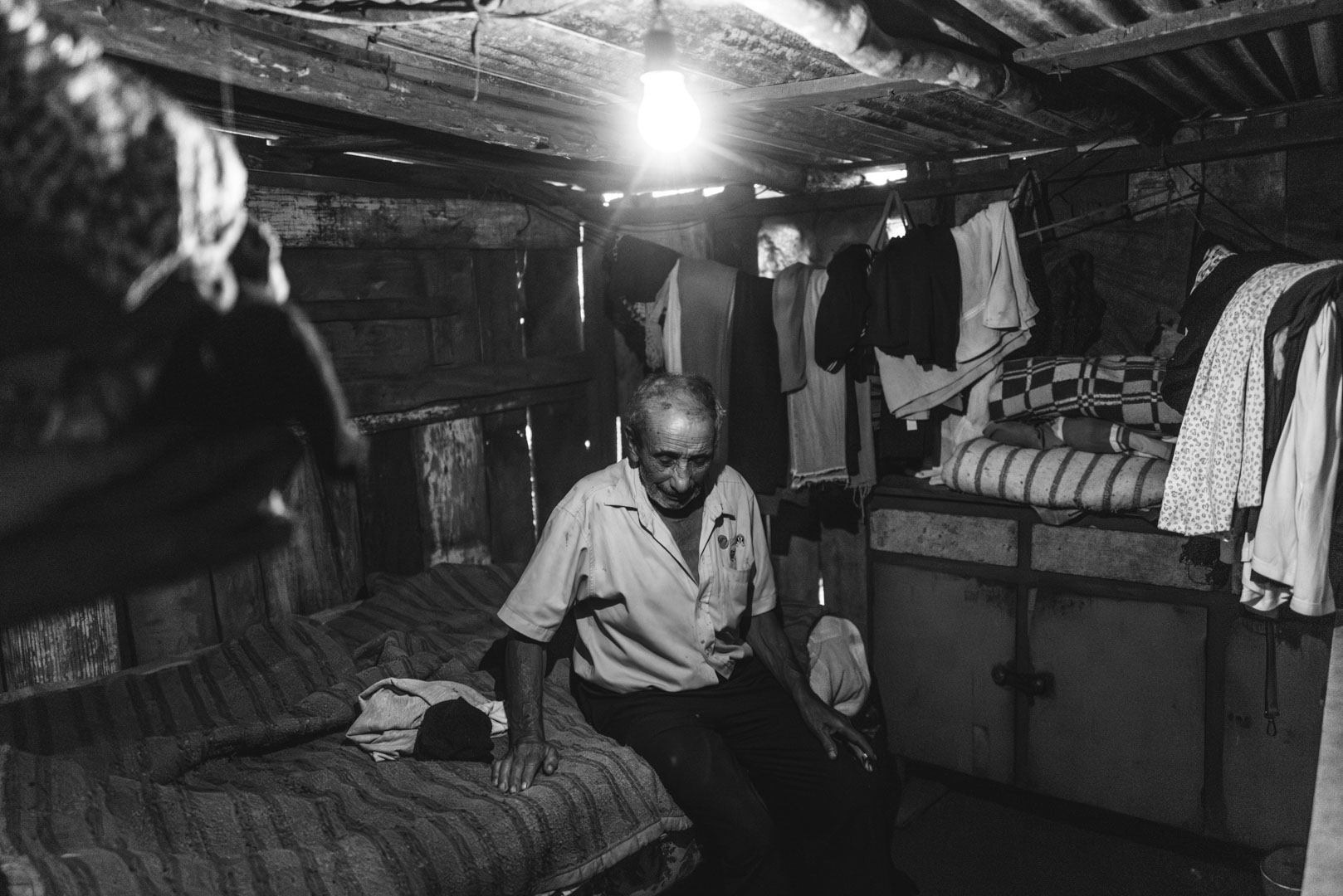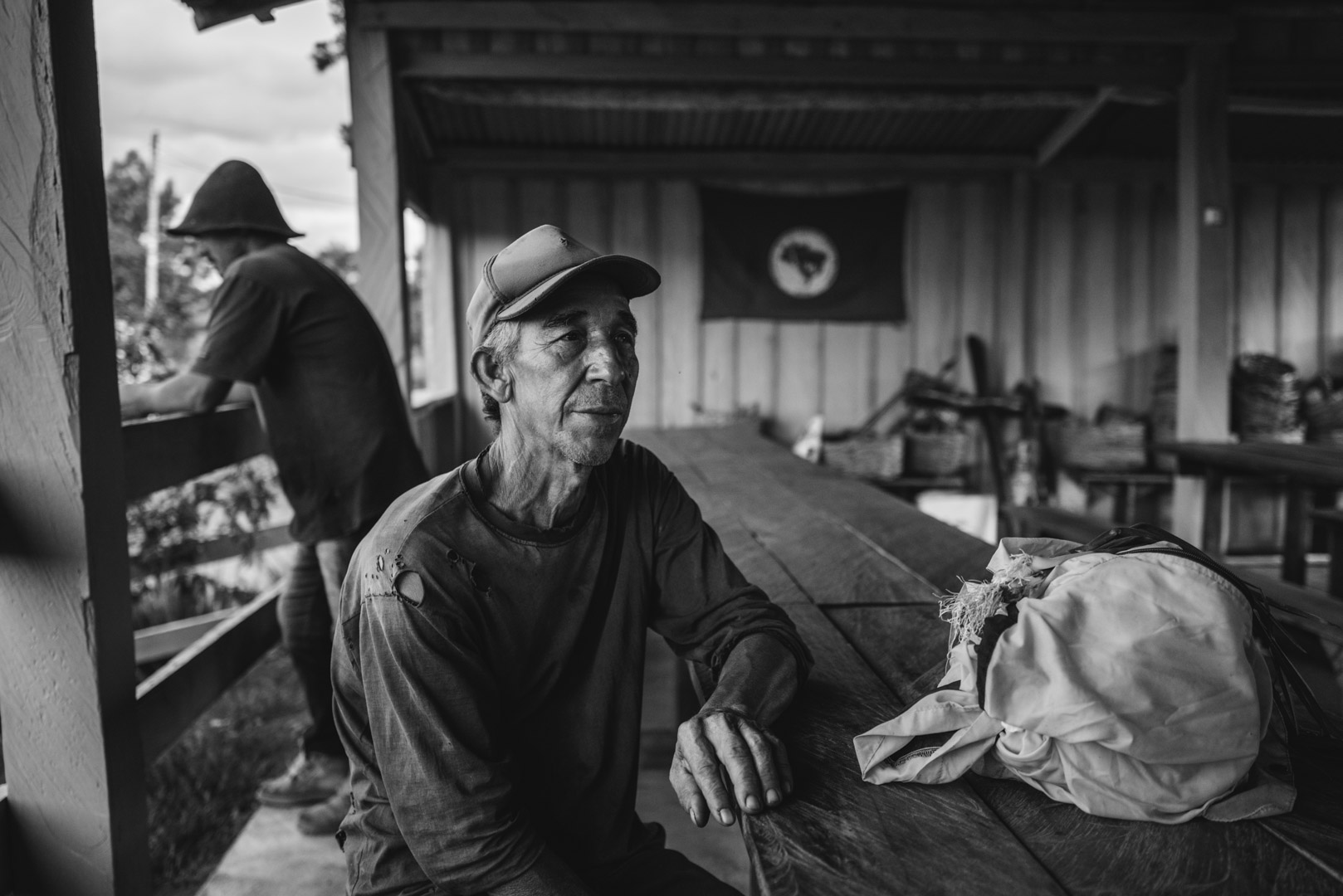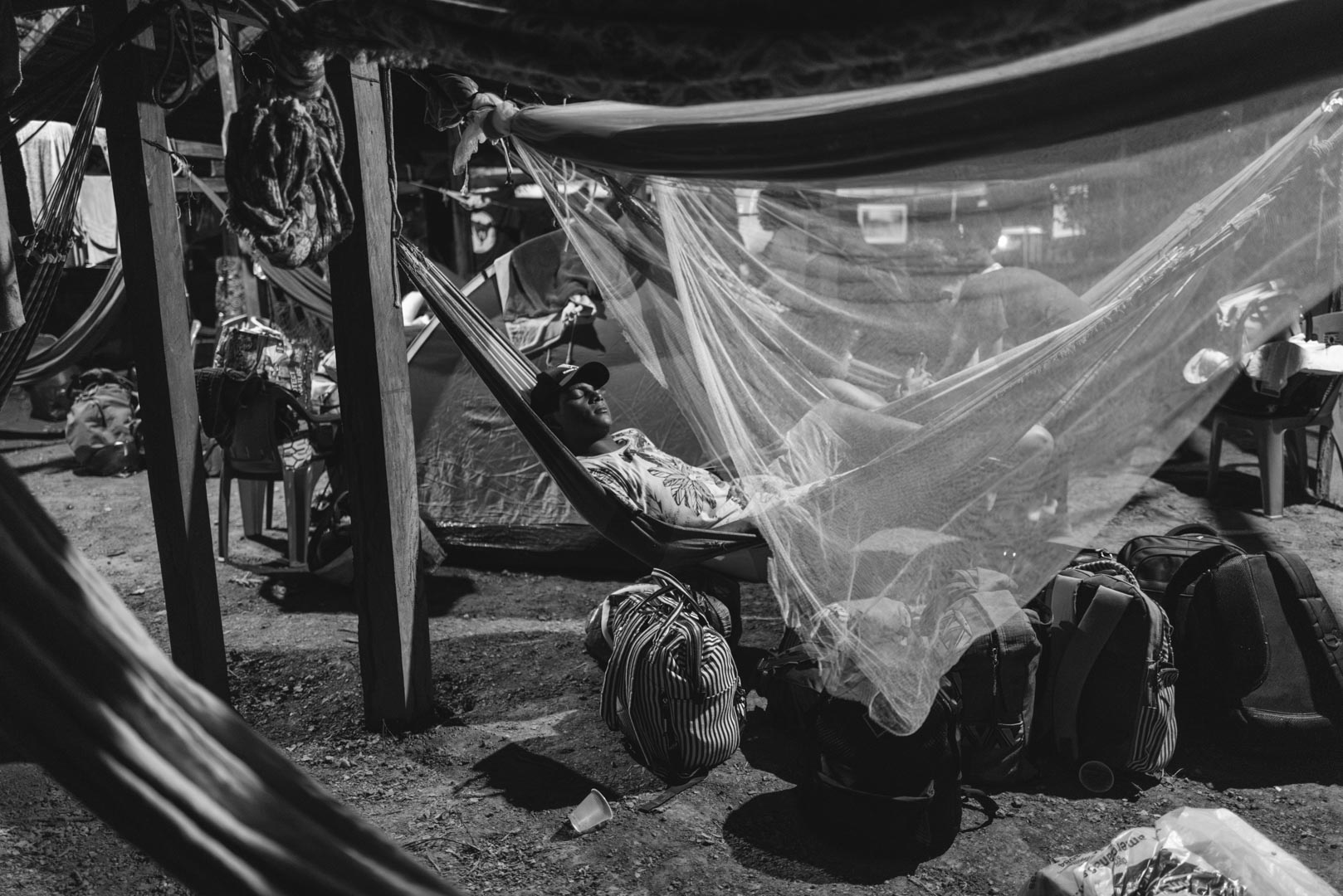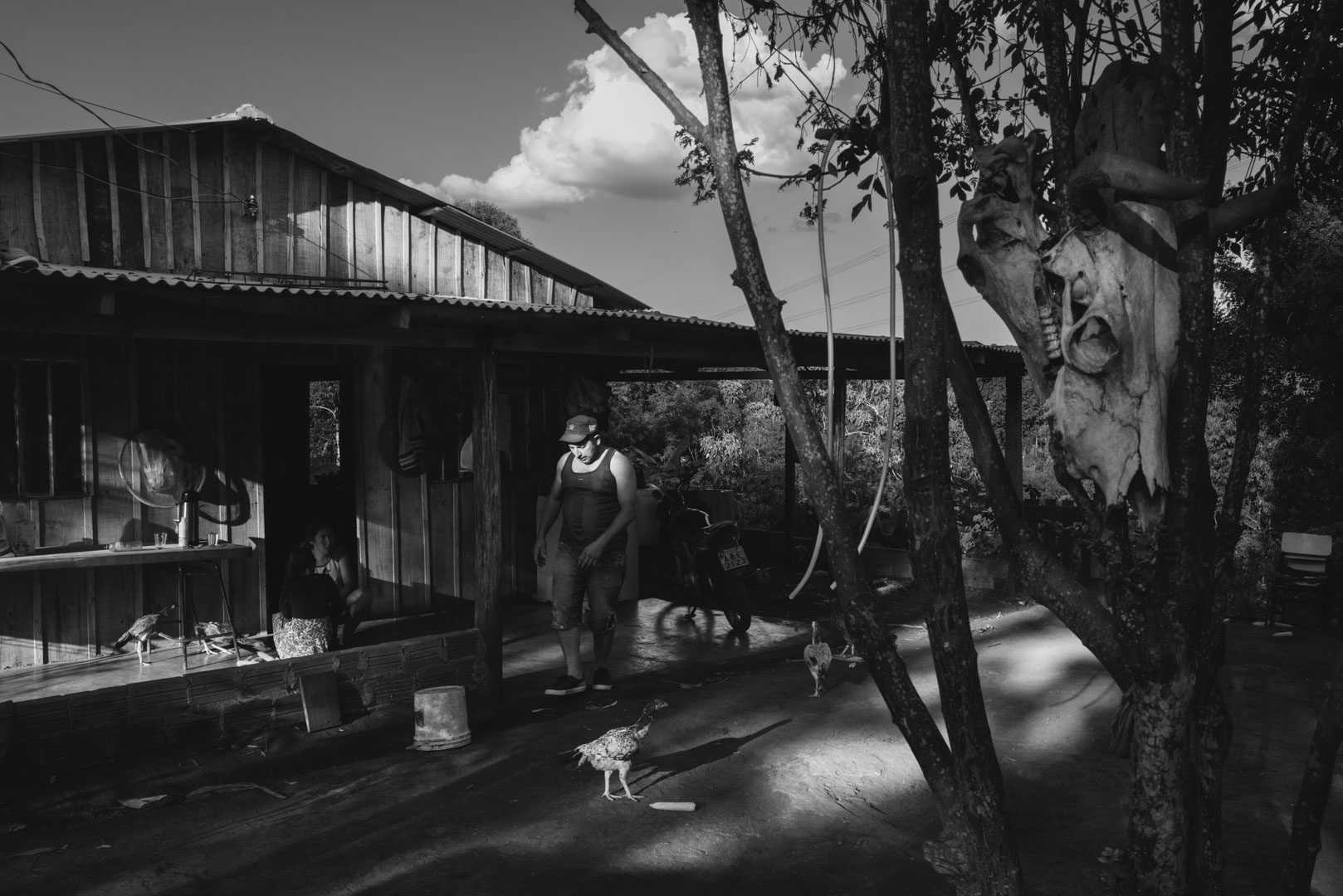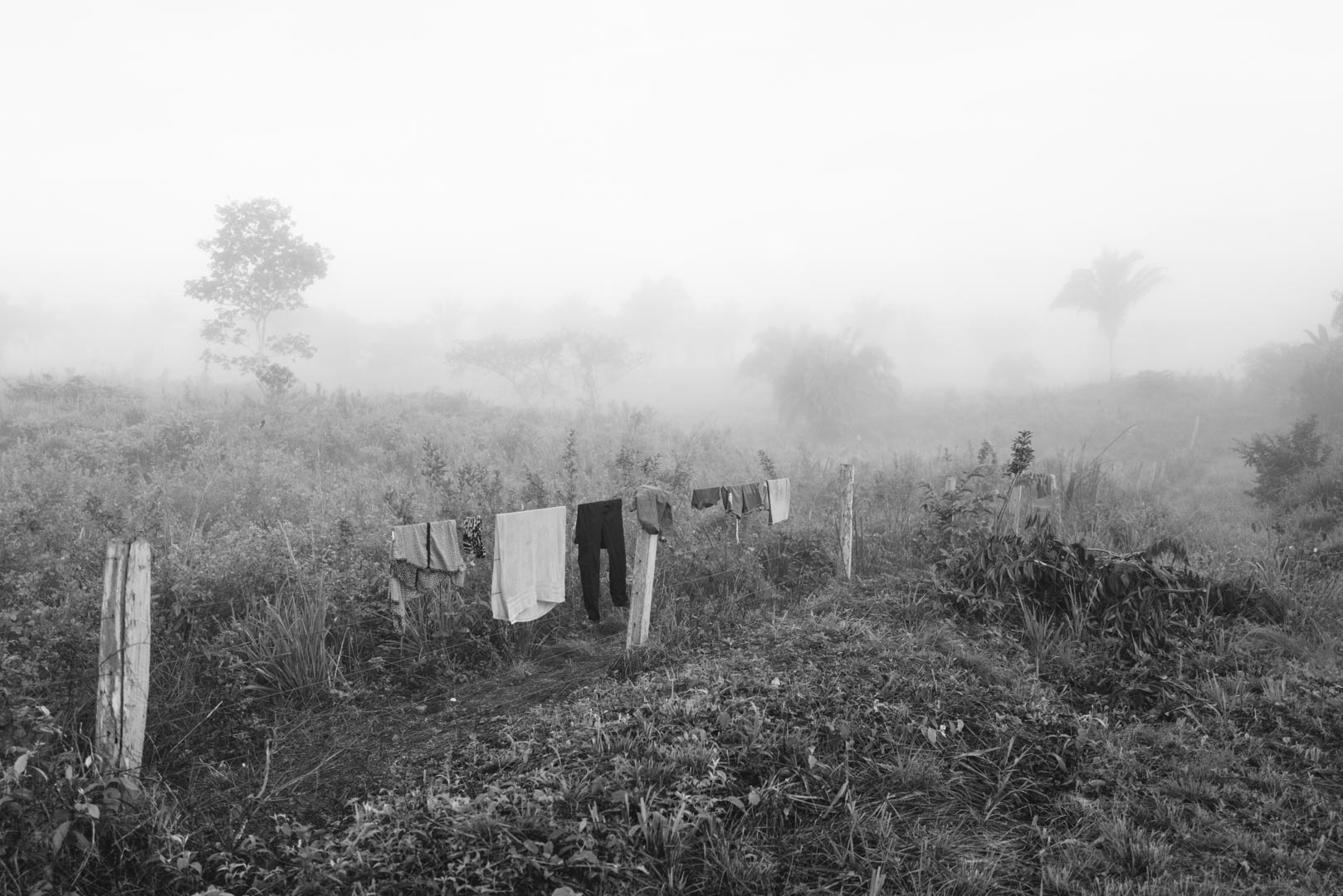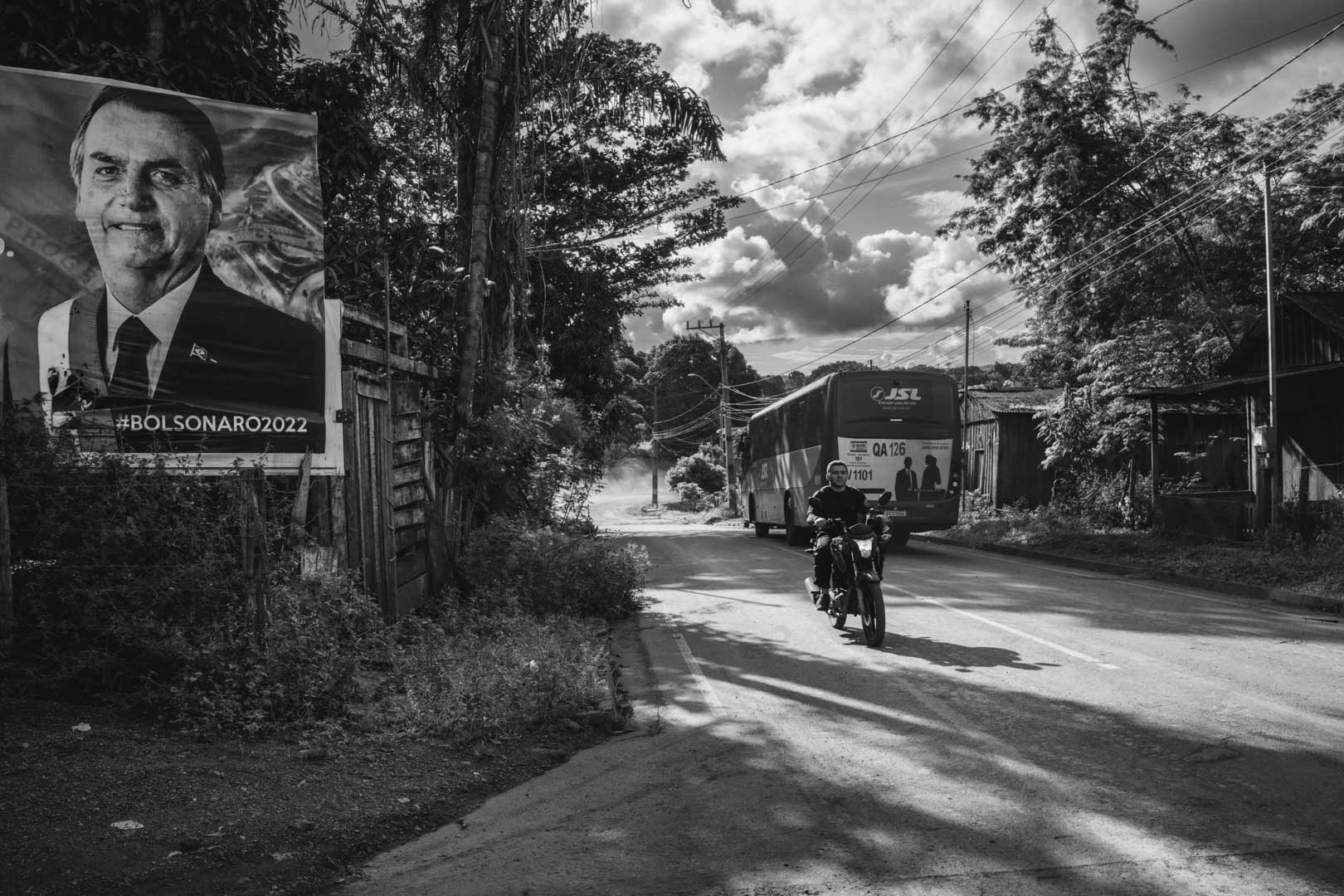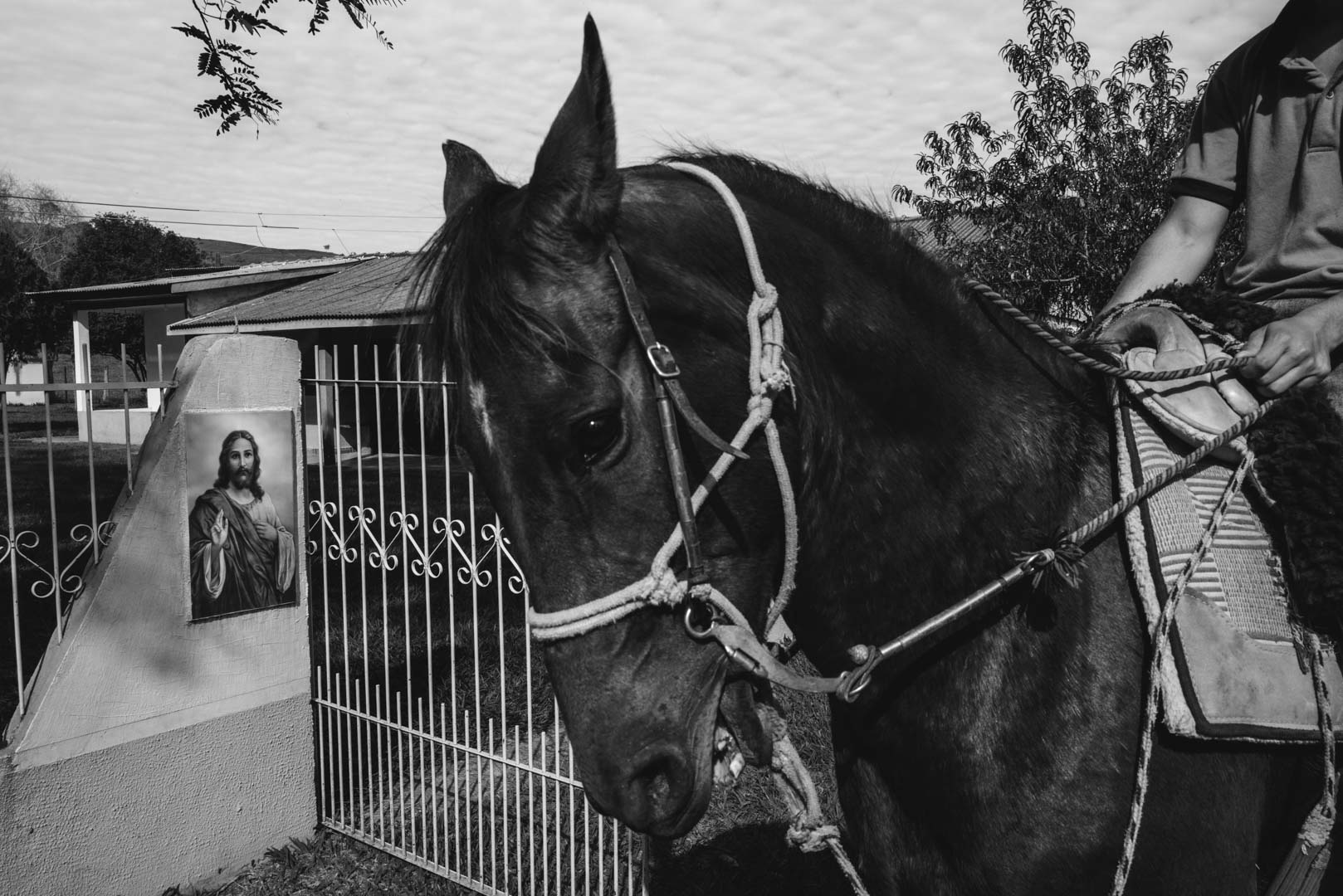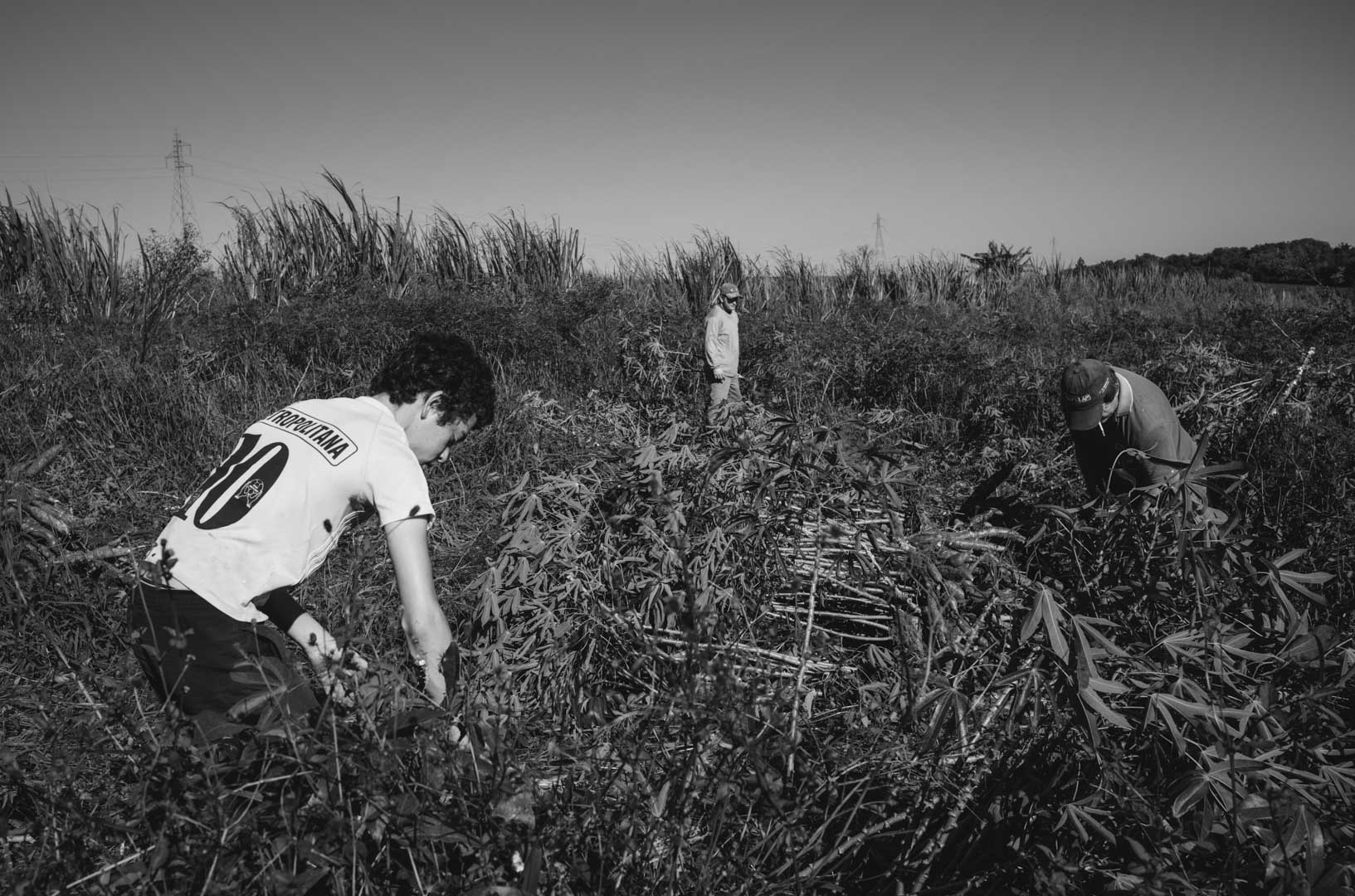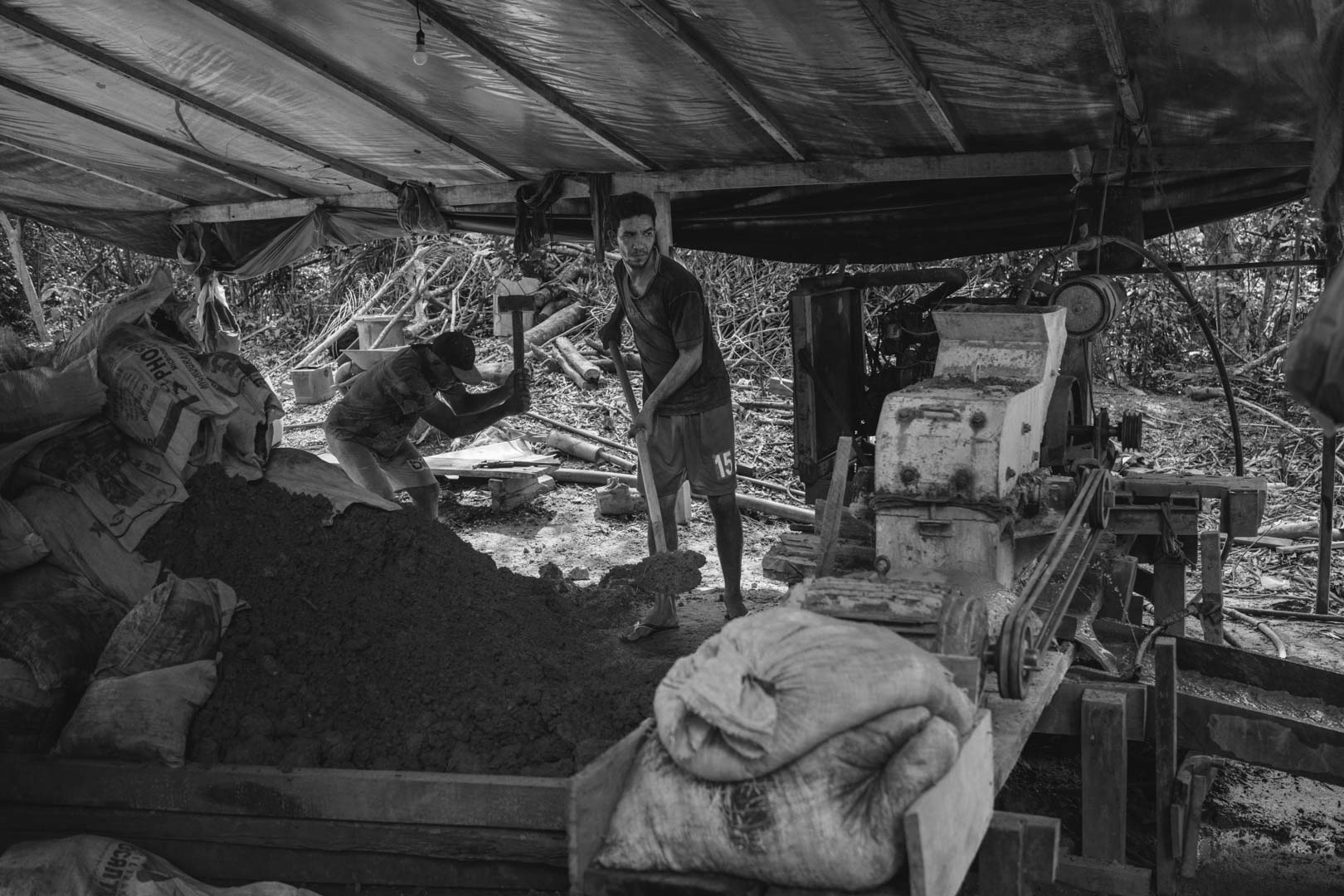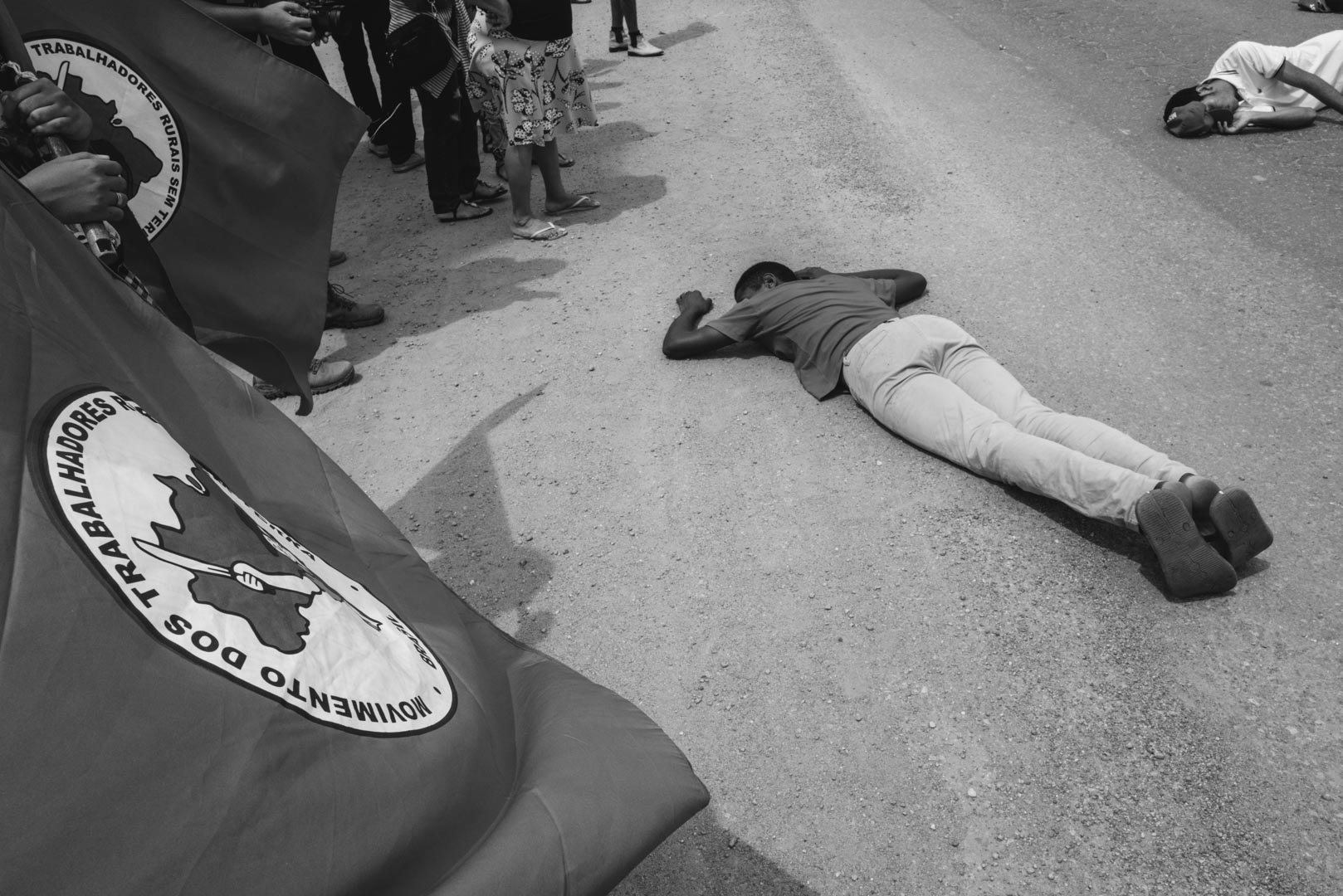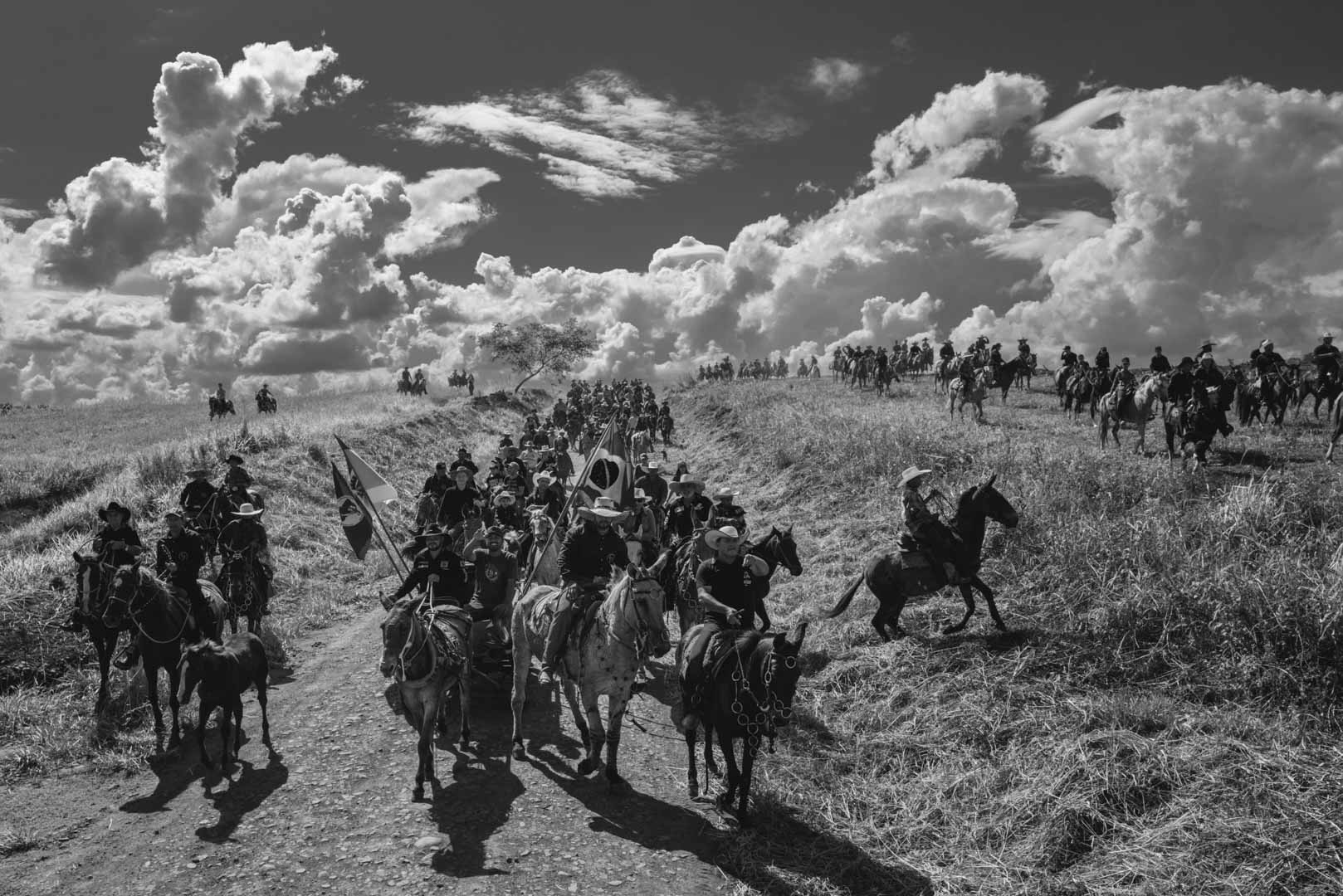Landless Workers Movement, 2022
The Landless Workers Movement (MST), founded in 1982, has three objectives: to fight for land, for agrarian reform and for social change in the country. Brazil is one of the countries with the highest concentration of land in the world; it is also the territory with the largest landowners. Concentration and unproductivity have historical roots that have established the basis for the country’s social inequality that persists to this day.
According to the Brazil’s latest agricultural census, conducted in 2017, only about 1% of landowners control nearly 50% of the country’s rural areas. The struggle for popular agrarian reform, the main cause in rural areas, consists of the massive redistribution of land to peasants. It aims to democratize land ownership by guaranteeing access to it, and entrusting it to all those who want to work it to make it productive. To do this, the occupation of land is the most widespread form of struggle. Once a territory is occupied, the movement begins a legal struggle with INCRA (National Institute of Colonization and Agrarian Reform) to obtain the legal rights to that territory and to become a colony.
Inherited from the peasant struggles of the 19th century, the MST movement founded in 1982 only strengthened until the beginning of the 21st century. This rise was quickly halted in 2016 with the most serious economic and political crisis in Brazilian history.
Excerpts from Francisco Proner’s notes :
« I went to the region of Cascavel to meet the landless. At the beginning of February 2022, I began to document these camps.
In one of these small shacks built of tarps and pieces of wood stuck in the mud, Manoel opens a small space on the floor of his living room to accommodate me. The landless farmer is looking for a chicken from his neighbor that he wants to prepare for dinner. With no running water, no electricity and no cooking gas, he also looks for firewood in the bush to light the stove. Manoel lives the typical life of a landless camp, spending years, decades living a simple and precarious life waiting for legal victory. The Encontro das Aguas camp, wedged between loggers and large landowners, is a few hundred kilometers from Cascavel, the cradle of the landless workers’ movement. »
15th of February, 2022
